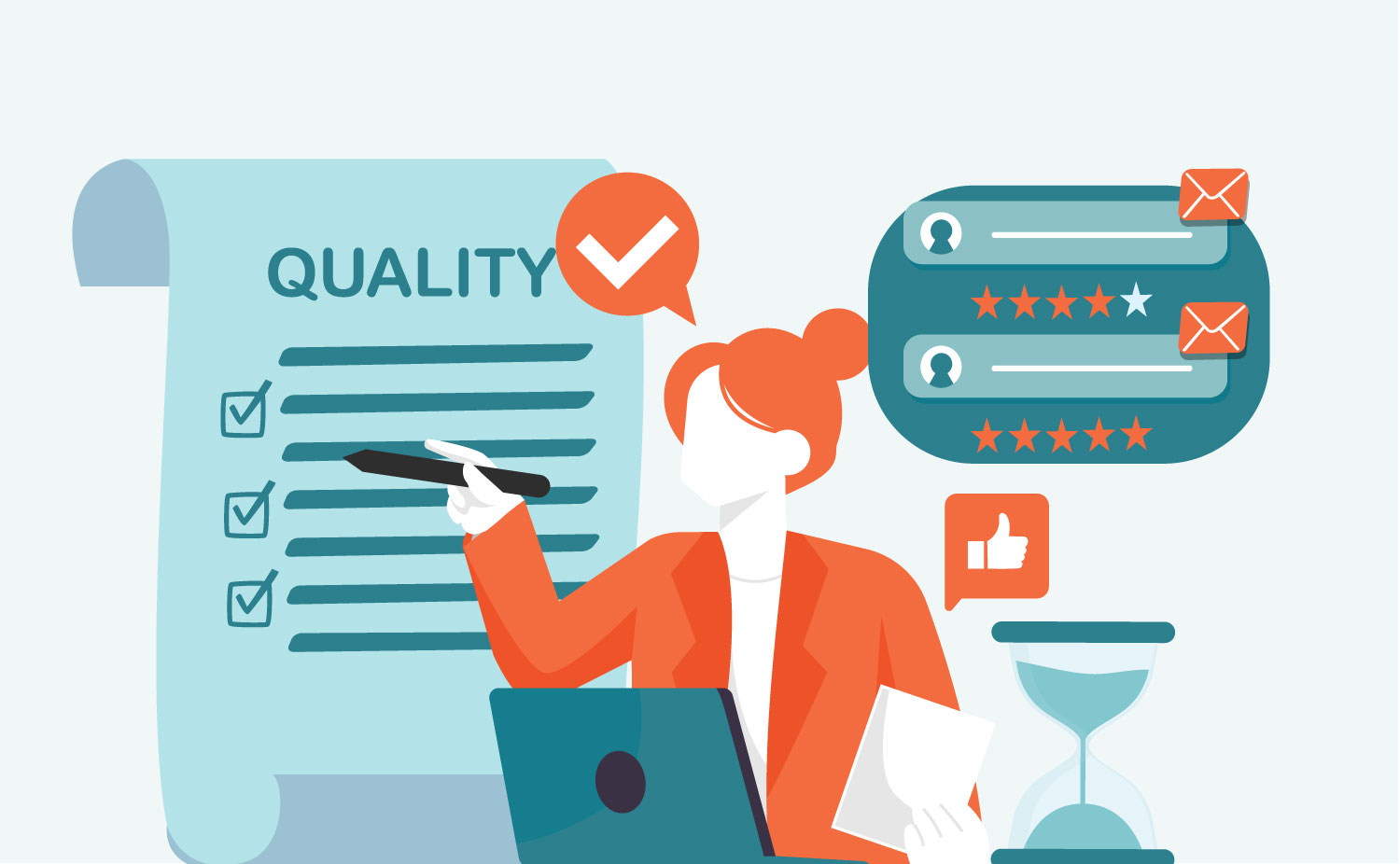Small business owners wear many hats, and human resources responsibilities often fall to whoever has the bandwidth at the moment. But as your business grows, managing HR tasks alongside core business functions becomes increasingly challenging. How do you know when it’s time to bring on dedicated HR help? And what should you do until then?
Signs It’s Time to Hire an HR Professional
1. You’ve reached an employee threshold.
Most experts suggest considering dedicated HR support when you hit 15-20 employees. At this size, the complexity of managing people and compliance increases significantly.
Once you cross that 15-employee mark, you’re subject to more federal regulations, including the Americans with Disabilities Act and Title VII of the Civil Rights Act. These requirements add layers of complexity to your people management.
2. Your time is increasingly consumed by HR tasks.
If you find yourself spending more time on hiring, onboarding, benefits administration, and employee issues than on growing your business, it’s a clear signal that dedicated HR support could provide significant value.
For many business owners, the tipping point comes when they realize HR tasks were taking up to 15 hours or more of their week.
3. You’re experiencing compliance challenges.
Employment laws and regulations are complex and constantly changing. If you’re unsure about proper classification of employees, overtime calculations, or required documentation, these compliance gaps can lead to costly penalties.
4. Employee turnover is increasing.
High turnover is often a sign that your employee management needs more attention. An HR professional can help identify underlying issues, develop retention strategies, and create more effective hiring processes.
5. You’re planning significant growth.
If you anticipate adding multiple employees in the coming year, bringing on HR support before that growth occurs can help you scale more effectively and avoid growing pains.
What to Do Until You Hire an HR Person
Not quite ready to bring on a full-time HR professional? Here are practical steps to manage HR responsibilities effectively in the meantime:
1. Invest in HR software
Modern HR platforms can streamline many administrative tasks, from time tracking to benefits enrollment. Look for solutions that offer:
- Onboarding workflows
- Employee self-service options
- Time tracking and PTO management
- Document storage and e-signature capabilities
- Basic performance management tools
2. Outsource specific HR functions.
Consider outsourcing distinct HR components:
- Payroll processing
- Benefits administration
- Compliance monitoring
- Recruitment support
Many accounting firms, including CGP Group, offer these services as part of their business advisory packages. This approach gives you professional support without the cost of a full-time hire.
3. Develop clear policies and procedures.
Create and document key HR policies:
- Employee handbook
- Onboarding checklist
- Performance review process
- Compensation structure
These documents provide consistency and clarity, reducing the time spent addressing individual questions and concerns.
4. Build a relationship with an HR consultant.
An HR consultant can provide as-needed support for specific projects or questions. This arrangement gives you expert guidance without the commitment of a full-time position.
5. Invest in HR training for yourself or a team member.
If someone on your team shows interest in HR responsibilities, consider investing in their professional development. Resources like the Society for Human Resource Management (SHRM) offer training programs and certifications that can build valuable skills.
Making the Transition to Professional HR
When you’re ready to bring on dedicated HR support, consider these options:
1. Start with a part-time HR role.
A part-time HR professional can provide focused expertise while keeping costs manageable. This approach works well for businesses with 15-30 employees.
2. Consider a shared HR resource.
Some business service providers offer fractional HR directors who work with multiple small businesses. This model provides senior-level expertise at a fraction of the cost of a full-time hire.
3. Hire a full-time HR generalist.
Once your business reaches 30+ employees, a full-time HR generalist becomes more justifiable. Look for candidates with broad experience across multiple HR functions.
The Return on Investment
When evaluating the cost of HR support, consider the returns:
- Reduced legal and compliance risk
- Improved employee retention and satisfaction
- More efficient hiring and onboarding
- Freed-up time for business owners and managers
Partner with Experts
At CGP Group, we help small business owners navigate these transitions effectively. Our HR consulting services can bridge the gap until you’re ready for a full-time hire, and we can advise on the right time to make that investment.








